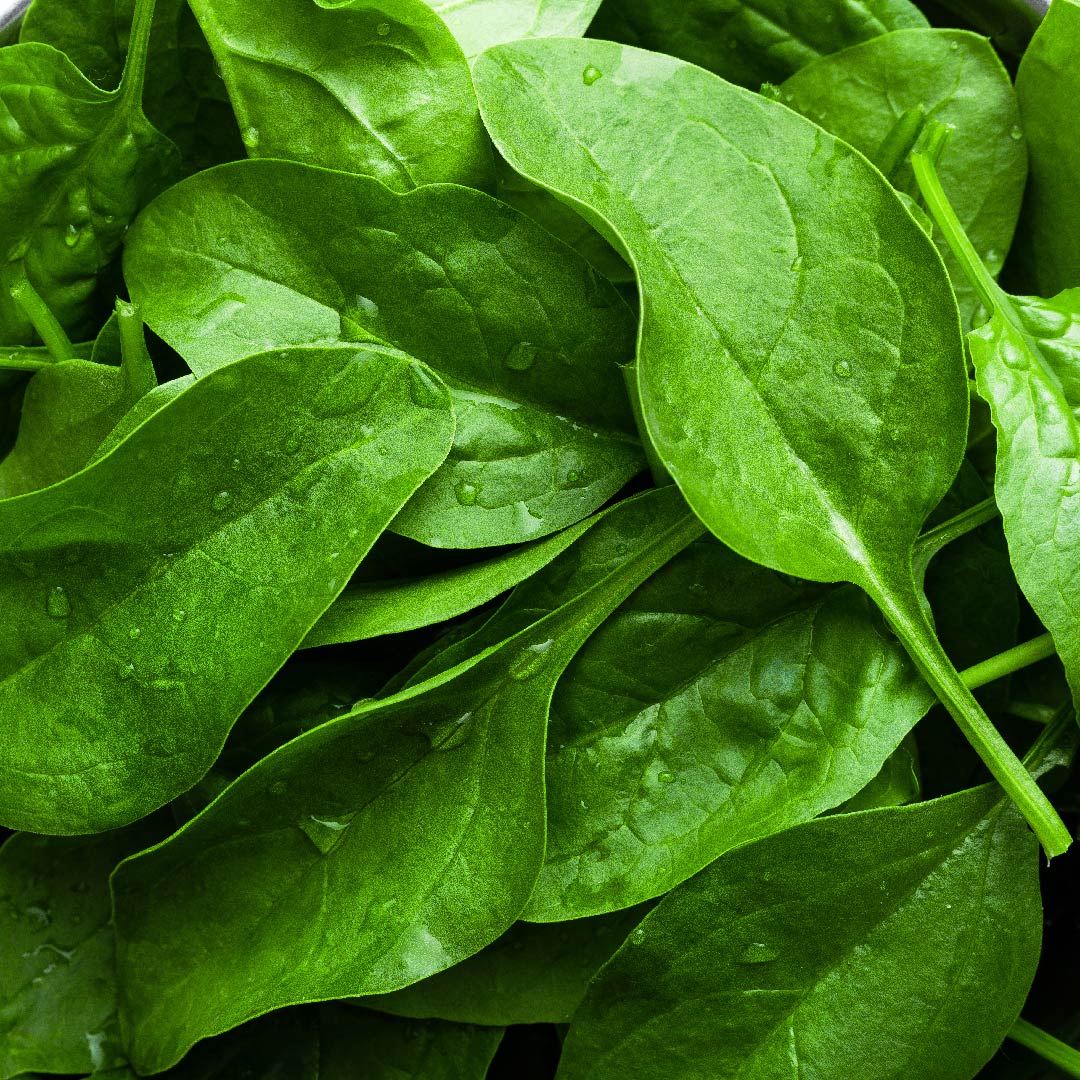Iron
Back to ingredients
Food source: Beans, chickpeas, lentils, green leafy vegetables (spinach, kale, watercress), dried apricots, nuts and seeds (sesame seeds, pumpkin seeds, cashew nuts).
Benefits of Iron
- Energy
- Mental performance
- Strengthens immune system
- Healthy hair and nails
- Healthy skin
What is Iron?
Iron is required by your body for making haemoglobin, the oxygen-carrying protein in your red blood cells and it is essential for energy release, maintaining a strong immune system as well as healthy hair, skin and nails.
Iron deficiency is a common cause of anaemia and feeling low on energy and is quite common for women with heavy periods. Low levels of Iron force your body to work harder to function normally, which causes tiredness and other symptoms such as irritability and trouble focusing, as well as heart palpitations and pale skin. Iron contributes to the reduction of fatigue and improves energy levels, especially for menstruating women. Iron is also involved in the production of myoglobin which provides our muscles with oxygen. So those who exercise regularly need to consume more iron to maintain their athletic performance.
Low levels of Iron weakens your immune system, making you more vulnerable to other illnesses. The cells that make up our natural immunity, such as monocytes, macrophages, microglia and lymphocytes, combat pathogens by regulating their Iron intake, so low amounts of Iron will weaken your body’s natural defences. Discover the symptoms of iron deficiency and why is Iron so important, particularly for women.
Low levels of Iron and a lack of oxygen that your cells need can also affect your skin and hair - skin may lose its healthy glow and become pallid and pale. Similarly, Iron plays a role in the fullness and strength of your hair. Studies suggest that a lack of Iron may cause hair loss in a manner similar to genetic baldness.
There are two sources of Iron: haem Iron found in foods of animal origin and non-haem Iron found in plants. Iron absorption from plant foods can be as little as 2-5% but including a source of Vitamin C with your meals can improve absorption by 10x. This is why, if taking an Iron supplement, you should always take an Iron supplement containing Vitamin C. Also be sure to avoid meal and protein replacement shakes which often do not contain Iron also include plant-sweeteners which pose a risk to developing type 2 diabetes. Learn more in ‘Exposed: plant-sweeteners and diabetes’. You may also be interested in reading ‘5 things nutritionists wish all women knew’.
















